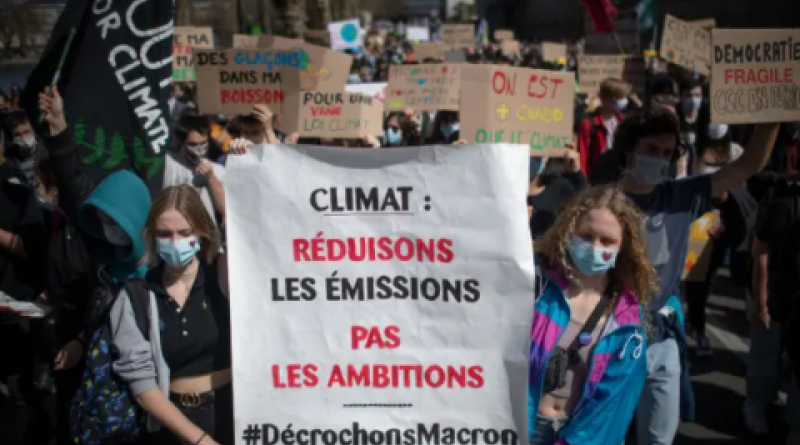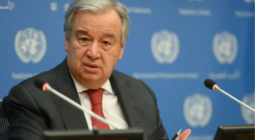Urgent policies needed to steer countries to net zero, says IEA chief.

Economies are gearing up for return to fossil fuel use instead of forging green recovery, warns Fatih Birol.
New energy policies are urgently needed to put countries on the path to net zero greenhouse gas emissions, the world’s leading energy economist has warned, as economies are rapidly gearing up for a return to fossil fuel use instead of forging a green recovery from the Covid-19 pandemic.
Most of the world’s biggest economies now have long-term goals of reaching net zero by mid-century, but few have the policies required to meet those goals, said Fatih Birol, the executive director of the International Energy Agency (IEA).
The IEA’s latest figures show global coal use was about 4% higher in the last quarter of 2020 than in the same period in 2019, the clearest indication yet of a potentially disastrous rebound in the use of the dirtiest fossil fuels, following last year’s lockdowns around the world when emissions plummeted.
Birol told the Guardian: “We are not on track for a green recovery, just the opposite. We have seen global emissions higher in December 2020 than in December 2019. As long as countries do not put the right energy policies in place, the economic rebound will see emissions significantly increase in 2021. We will make the job of reaching net zero harder.”
He urged governments to support clean energy and technology such as electric vehicles, and make fossil fuels less economically attractive. “Governments must provide clear signals to investors around the world that investing in dirty energy will mean a greater risk of losing money. This unmistakable signal needs to be given by policymakers to regulators, investors and others,” he said.
The IEA is holding a meeting of governments on Wednesday to sketch out net zero plans. The UK, host of the Cop26 UN climate talks later this year, will urge countries that have not yet adopted net zero targets – including India, Indonesia, Mexico, Russia and Saudi Arabia – to take on such commitments, and ask all countries to come up with targets for emissions reductions in the next 10 years that will pave the way to the long-term goal.
Alok Sharma, the UK minister who is president of the Cop26 summit, wrote in the Guardian recently that both long-term net zero targets and short-term 2030 plans would be needed from all countries for the talks to succeed.
Birol said stronger 2030 targets were essential to meet net zero. “Looking at the energy sector, the next 10 years will be very, very critical,” he said. “If governments put money in clean energy finance, in the context of their economic recovery plans, that will make the challenge less difficult.”
He called on the US to lead the way on setting out a national plan, called a nationally determined contribution (NDC), for cutting emissions strongly in the next 10 years. “NDCs should be ambitious, credible, accountable and backed with credible energy policies,” he said. “The US’s current NDC is not ambitious enough, and not in line with the US leading an international climate campaign.”
Birol also urged governments to put in place strong policies to discourage drivers from buying SUVs, which make up nearly half of all cars sold in key economies. The US led the switch to SUVs, but the vehicles – which can emit a third more carbon dioxide than smaller cars – are now increasingly popular in the UK and elsewhere in Europe, as well as in large emerging economies including China and India.
“It will not be possible to reach our climate goals if SUV sales continue at these rates,” he said. “We must either change the technology, to electric vehicles, or change tax policies to provide financial disincentives to consumers to go for the SUV option.”
In the UK, the National Audit Office found that greenhouse gas emissions from cars had declined by only 1% since 2011, largely as a result of the widespread switch to SUVs. The UK government has also come under fire from campaigners for reducing electric vehicle incentives while freezing duties on petrol and diesel fuel.
The UK is also hosting a conference on climate and development this week, in the run-up to Cop26. Ministers from around the world will attend virtually and donor countries will be encouraged to come forward with plans to support the countries most vulnerable to the effects of climate breakdown.
Britain will need the support of more than 130 developing countries to make Cop26 a success. Green campaigners have written to the government to warn that cuts to the overseas aid budget risk undermining confidence in the UK’s presidency.
31 March 2021
The Guardian




